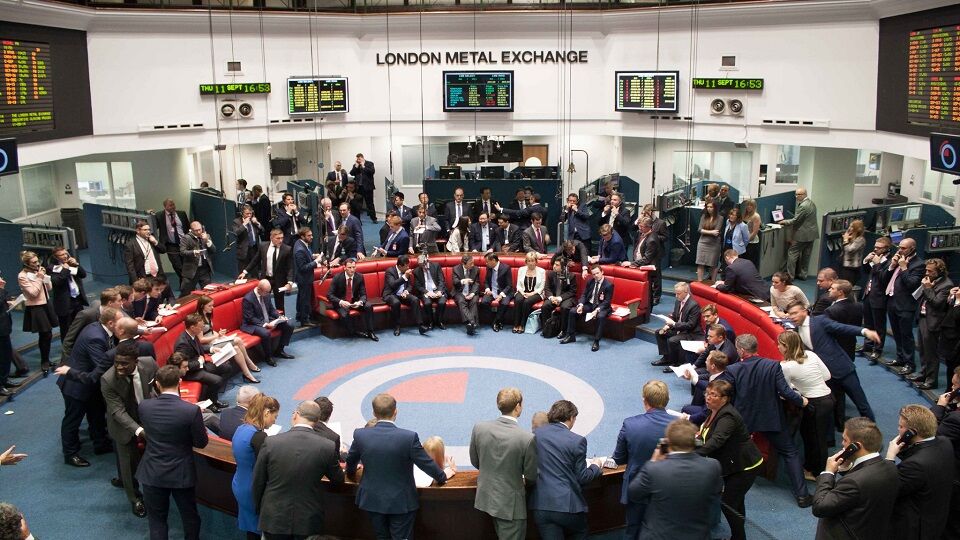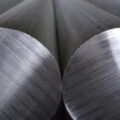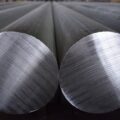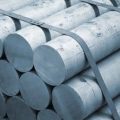This will have a major impact on the market and we will have to see how the different players involved in these industries adapt.
Due to sanctions imposed by the U.S. and U.K. governments in response to the Russian invasion in Ukraine, the London Metal Exchange has taken the decision not to accept any new metal from Russia. This decision has already led to significant increases in the price of nickel and aluminum, as well as increased volatility in the markets. However, in the long term, no significant changes in the supply and demand of these raw materials are expected.
Since April of this year, deliveries of nickel, aluminum and copper from Russia have been banned on the London Metal Exchange (LME) and the Chicago Mercantile Exchange (CME). In addition, the United States has also decided to restrict imports of these three metals from Russia. This measure has had a major impact on commodity markets because Russia is one of the world’s leading producers of nickel, aluminum and copper, accounting for about 6%, 5% and 4%, respectively.
As for nickel, Russia is the world’s second largest producer of refined Class 1 nickel, after China. This type of nickel is the only one that can be delivered on the LME (London Metal Exchange).
According to ING Research commodities strategist Ewa Manthey, the decision will have a positive impact on nickel prices on the LME, which are considered as benchmarks in global contracts. Although nickel was affected by the Russian invasion in Ukraine and the accumulation of short positions in March 2022, there is still a risk of high price peaks. However, it is worth mentioning that the LME has established daily limits to avoid a sharp price increase of 12% for copper and aluminum, and 15% for nickel.
The LME (London Metal Exchange) is considered a last resort for the physical metals industry. Although the vast majority of metals traded globally are not delivered to LME warehouses, some contracts provide that the metal must be capable of being delivered to the LME.
According to Manthey, this situation will have an impact on Russian companies as they will be forced to accept lower prices. This will also lead to metals from Russia being sold at deeper discounts and will continue to be exported to countries that are not subject to sanctions, such as China, the world’s leading consumer of aluminum.
During the past year, China’s imports of aluminum from Russia reached higher levels and this trend is expected to continue. However, China is likely to continue to buy Russian aluminum at a discount for domestic use and export its own products to Europe and the United States due to the Russian import ban. This situation has been analyzed by experts such as ING’s analyst.
Until recently, sanctions had not affected the Russian metals industry much. However, in December, the UK took measures prohibiting British individuals and organizations from doing business with physical metals from Russia, such as aluminum, nickel and copper. Despite this prohibition, an exception was made allowing these metals to continue to be traded on the LME. It is worth mentioning that the United Kingdom is the only European country to have taken these measures.
The Metals and Minerals League had previously raised the possibility of banning metal from Russia in 2022, but in the end they opted not to do so, based on the sanctions imposed by the government. For its part, Canada announced that as of March 2023 it will ban the import of Russian products made from aluminum and steel.
A possible cause for concern on the British Metal Exchange has been identified as the increase in European buyers reportedly imposing sanctions measures on themselves since the invasion in Ukraine, which could lead to fears that LME warehouses are being used as a place to store unwanted metals from Russia. At the end of March, Russian nickel was estimated to account for 36% of the total stockpiled in the exchange, while copper reached 62% and aluminum 91%. The LME assured that these existing inventories would not be affected by the sanctions and could continue to be delivered, although evidence would be required that such metal does not violate the measures imposed and would be reviewed on a case-by-case basis before approving any deliveries.













